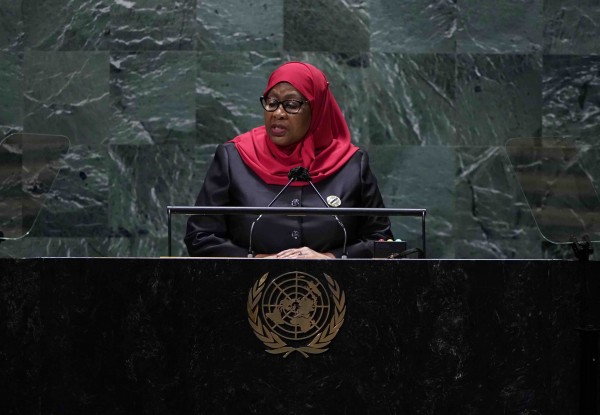The International Press Institute (IPI) today expressed growing concern about press freedom in Tanzania following a government order suspending two newspapers in the country.
The Ministry of Information’s decision to bar the publication of the Mwananchi, part of the Nation Group in Nairobi, and the Mtanzania, owned by New Habari Ltd., was based on complaints that the popular Swahili newspapers violated secrecy and sedition laws. Mwananchi is prohibited from publishing through Oct. 10 while Mtanzania was ordered off the streets until the end of December.
In July 2012, the government also invoked sedition allegations against the MwanaHalisi newspaper, ordering its indefinite suspension. Tanzania’s Newspaper Act of 1976 gives the government power to close publications it deems to have incited violence against the state, according to the Media Council of Tanzania (MCT), the country’s independent media regulatory body.
“The government’s action violates Tanzania’s own constitutional guarantee of freedom of expression and access to information,” said IPI Executive Director Alison Bethel McKenzie.* “We see an unsettling trend in Tanzania, beginning with the closure of the MwanaHalisi last year, of Tanzanian authorities imposing outdated and odious laws to block information from reaching citizens.
“We call on President Jakaya Kikwete and Prime Minister Mizengo Pinda to immediately reverse course on these suspensions, and secondly to overhaul the country’s media and sedition laws that open the door for excessive restrictions on press freedom and freedom of expression.”
The action against Mwananchi stems from an article on salary increases for public employees that was based on a confidential documents. The government said the article breached secrecy statues. The newspaper was also accused of “provoking hostility by Islamic worshippers towards the Police Force” in connection with reports about security at mosques, the Ministry of Information said in a statement.
The ministry statement said Mtanzania was suspended for publishing “incitement stories” in its coverage of assaults and other crimes.
Pili Mtambalike, manager of regulations and standards at MCT, told IPI that the Ministry of Information took the action without first filing complaints with the council. “We were quite surprised,” she said from Dar es Salaam. She noted that the Ministry of Information decision was made public on international Right to Know Day, Sept. 28.
The ministry also banned reporting on the Internet sites of the Mwananchi and Mtanzania, MCT’s Mtambalike said.
MCT, along with IPI, has for years pressed the Tanzanian government to revamp the Newspaper Act to remove provisions giving the government the power to bar newspapers from publishing.
* Part III, Section 18 of the Tanzanian Constitution
For more information, contact:
Timothy Spence | Senior Press Freedom Adivsor | tspence[@]freemedia.at | +43 1 512 90 11


